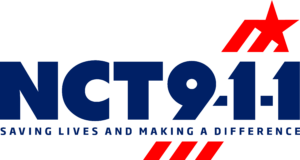Connect With Your Community During Quarantine Using Social Media: A Public Safety Professional’s Guide
Being active in your community is an important part of a public safety professional’s job. Protecting and serving also means being present at community events and caring about the citizens’ day-to-day activities and wanting to be a part of it all. But how do you show that commitment when community events have been cancelled and […]










